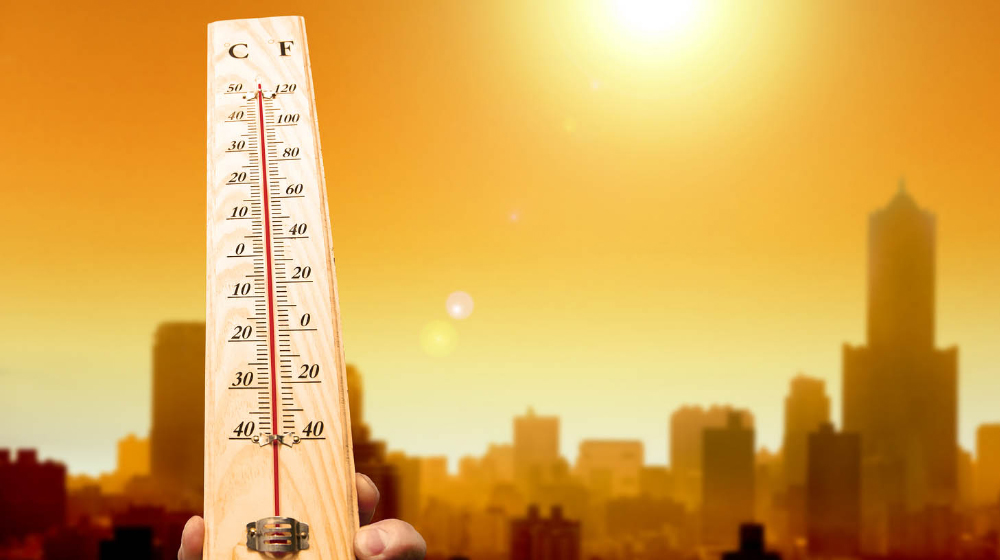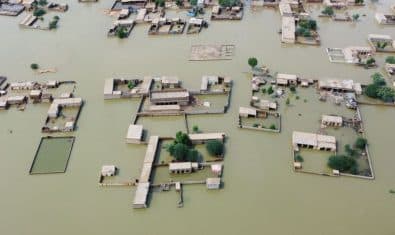A climate scientist has warned that extreme global temperatures are pushing the human body ‘close to its thermal limits’.
Europe is facing record-breaking heat, crossing 40C in many countries while South Asia and the Persian Gulf have already crossed 50C. Dr. Tom Matthews, a climate scientist at Loughborough University, has said that in spite of the human body’s thermal efficiencies, these areas will soon become uninhabitable.
When the air temperature crosses 35C, the human body depends on sweating to maintain the core temperatures. But when the ‘wet bulb’ temperature, which reflects the ability of moisture to evaporate, reaches 35C, this mechanism stops working.
ALSO READ
People Can’t Think Straight During a Heatwave: Study
You might be wondering, what is “wet bulb” temperature? Dr. Mathews explains it in his article for The Conversation saying,
The wet-bulb temperature includes the cooling effect of water evaporating from the thermometer, and so is normally much lower than the normal (“dry bulb”) temperature reported in weather forecasts. Once this wet bulb temperature threshold is crossed, the air is so full of water vapor that sweat no longer evaporates.
As mentioned earlier, if the wet bulb temperature goes over 35C, the cooling mechanism of the human body will become insufficient.
“Without the means to dissipate heat, our core temperature rises, irrespective of how much water we drink, how much shade we seek, or how much rest we take,” explains the scientist.
Dr. Matthews states that the most densely populated areas on Earth can pass this threshold by the end of this century. Notably, Southwest Asia is also facing high wet-bulb temperatures. Climate change is altering the weather systems and the rising temperatures are susceptible to making this world uninhabitable.





















